In Praise of Carpenters
At a time when fewer and fewer humans make anything of physical value, carpenters engage in a profoundly creative process.
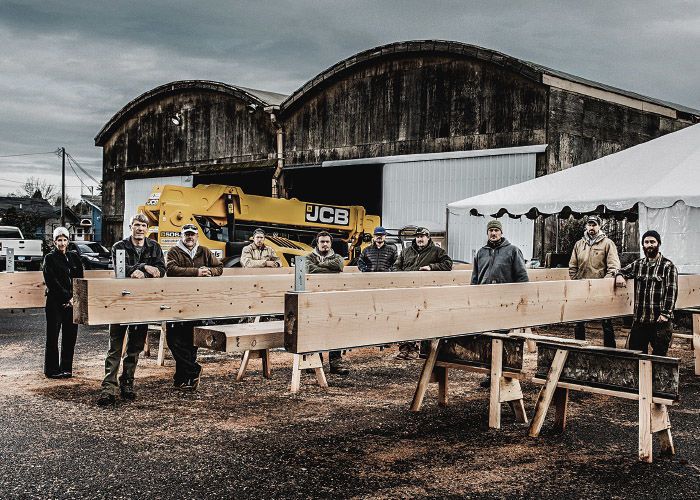
How-to and design content are our bread and butter, but every once in a while we get an unsolicited piece of writing from a reader that begs to be shared with our audience. The below, from Newell Isbell Shinn, a production manager for South Mountain Company, a design/build firm in Martha’s Vineyard, Mass., definitely fits the bill. I hope you all enjoy it as much as we do.
Justin Fink, editor
A carpenter’s intimacy with a building is particular and visceral. Carpenters know, for instance, how every material in a house smells when it is cut; what kind of dust it makes. They know how many pieces of each thing they can lift by themselves, how many with help, and the ratio of pieces moved today to tomorrow’s aches and pains. When they walk away, they know a building with their body in a way the occupants probably never will.
Carpenters wear layers, and rarely argue about whether to set the thermostat at 68°, 72°, or 76°. In fact, on those few halcyon days when temperatures stay in that neighborhood, it is cause for celebration. If eating your food on makeshift seating while exposed to the elements is a picnic, then the life of a carpenter is a picnic nearly every day.
Going to work as a carpenter may mean spending the day in a dank crawlspace, on a blazing rooftop, or in a Sheetrocked room with a million-dollar view. The material of the day may be heartbreakingly beautiful wood grain or back-breakingly awkward OSB and foam panels, and is usually beyond the carpenter’s control; a result of decisions made elsewhere and earlier by clients, architects, managers. Those decisions can feel capricious.
The work of making buildings is full of hazard, discomfort, and disappointment, and lends itself to a certain natural grumpy cynicism. Carpenters know every way in which reality as verified in the field can make a joke of plan, schedule, and budget. Carpenters have seen, or at least heard of, every way a beam or a machine can slash, crush, disfigure, or destroy a body, and they work in the shadow of them all.
Making buildings is hard work, but is also full of magic, spontaneous improvisational genius, and transformation. Carpenters do their work in a world that isn’t square, level, or plumb when they get there, but is (mostly) when they leave. They are mechanics in the old, esteemed sense of the word.
Character is quickly evident in the way one walks across a cluttered deck, holds a tool and puts it down, and strikes a line. Carpenters must trust the person on the other end of a heavy load or the other end of the tape, and can therefore be quick to judge. They can also be patient, kind, and generous teachers. Everyone learns from someone else. Carpentry requires camaraderie.
At a time when fewer and fewer humans make anything of physical value, carpenters engage in a profoundly creative process, drawing on intellect, muscle, machinery, and materials to produce objects of lasting worth, to create shelter, to fulfill basic and quintessential human needs. The carpenter is in some ways midwife for the visions and dreams of others, bringing buildings into the world with all the attendant clamor, muck, and uncertainty of birth. It is hard work, and, done well, it is honorable, elegant, and inspiring, too.
Newell Isbell Shinn



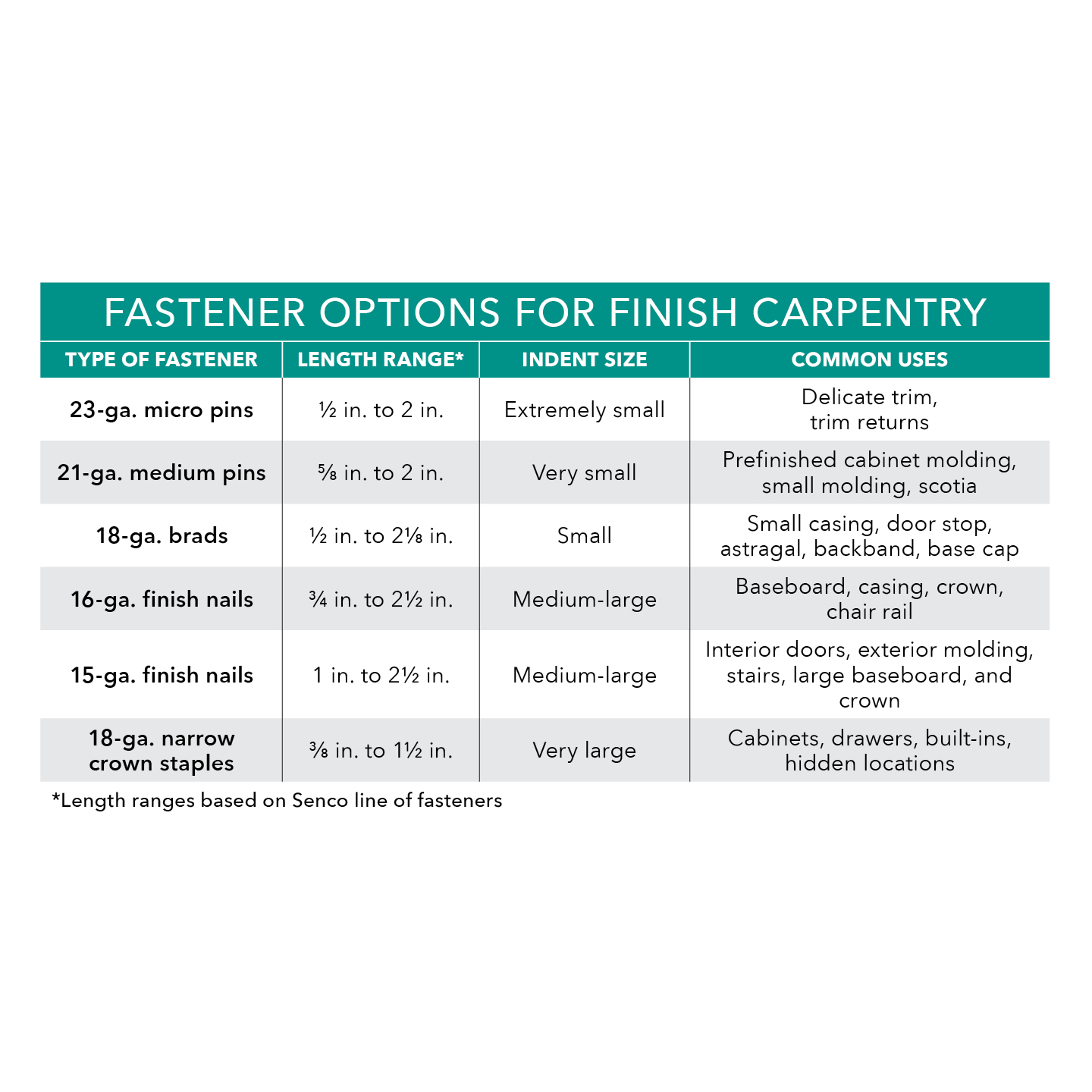
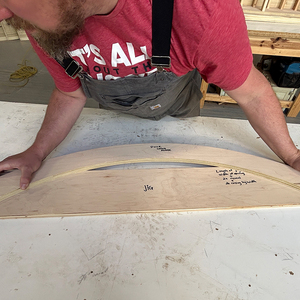








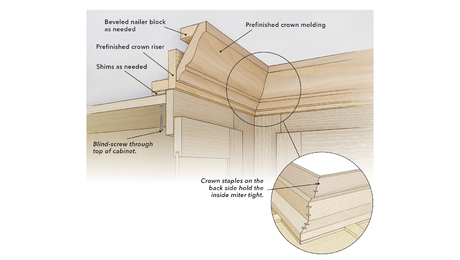

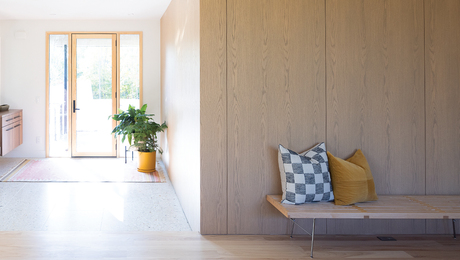










View Comments
I was driving home from my auto repair shop earlier today and after shelling out $100+ per hour for their service and considering the depreciation of my truck, I realized the value of a carpenter. Our labor goes into an asset that is generally appreciating. Most of our money goes toward expenses that are non-redeemable and often completely wasteful. A carpenters wage is a solid investment!
Then I got home to the elegant piece above- Thank you! And kudo's as well to 'keepcraftalive'.
David Good
Newell: Thank you for taking the time to remind us all that our craft is an art to be cherished and respected.
This is much appreciated. My Dad was a carpenter, although around the house he did a little of everything. His father was a carpenter, specialized in complex roofs on big buildings, just him and his framing square and little if any formal math training, so I was told. His father was a cooper which I think is awesome - who can assemble some sticks into a watertight container no glue no caulk?
Me? I'm a computer programmer. But woodworking is my favorite hobby. I invest some of myself into every project no matter how small. And way too slow and meticulous to ever make a living at it.